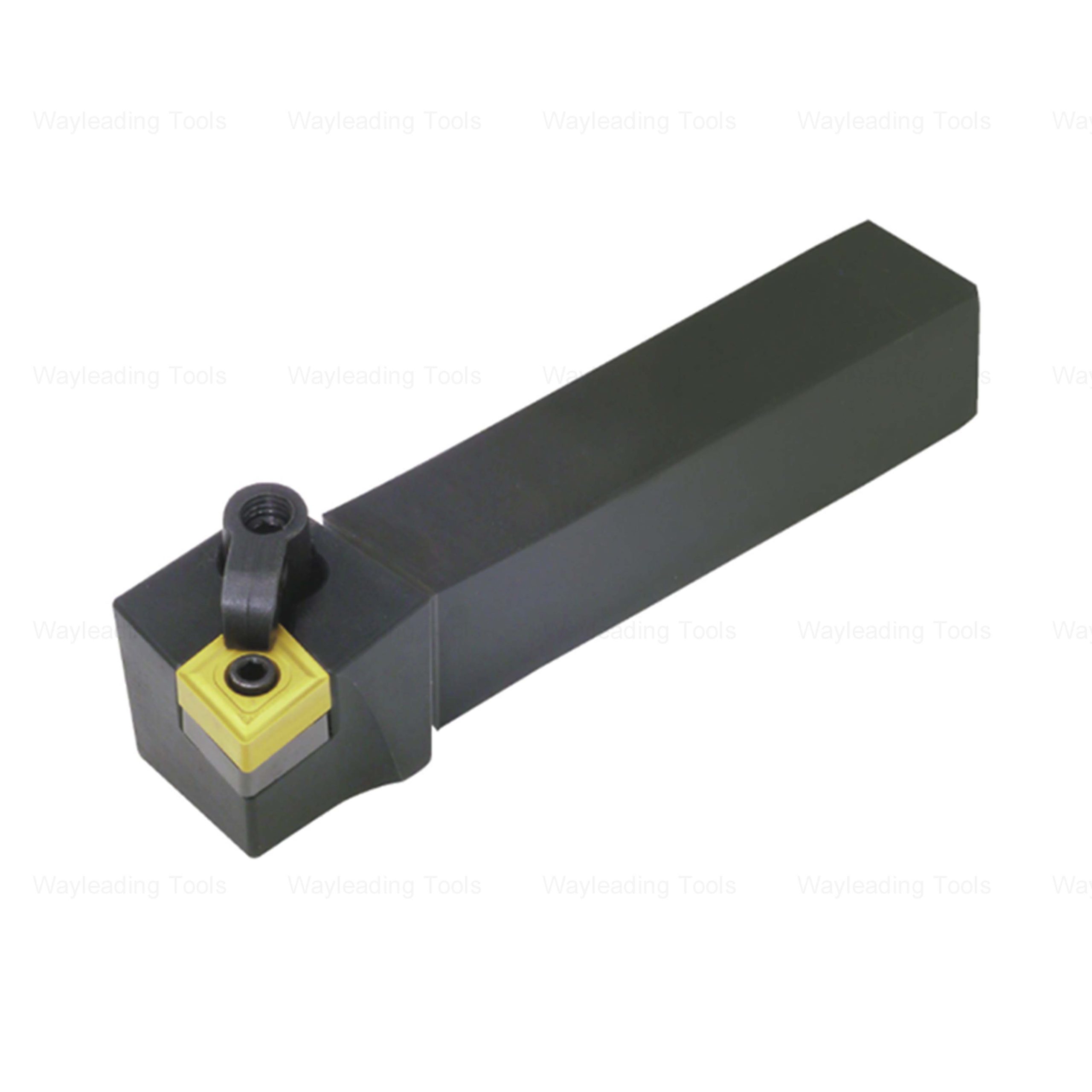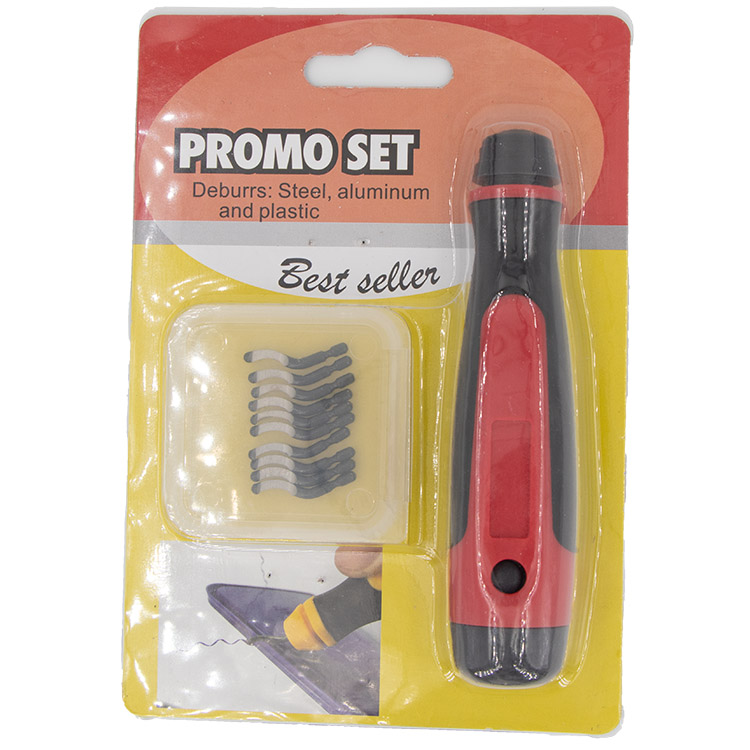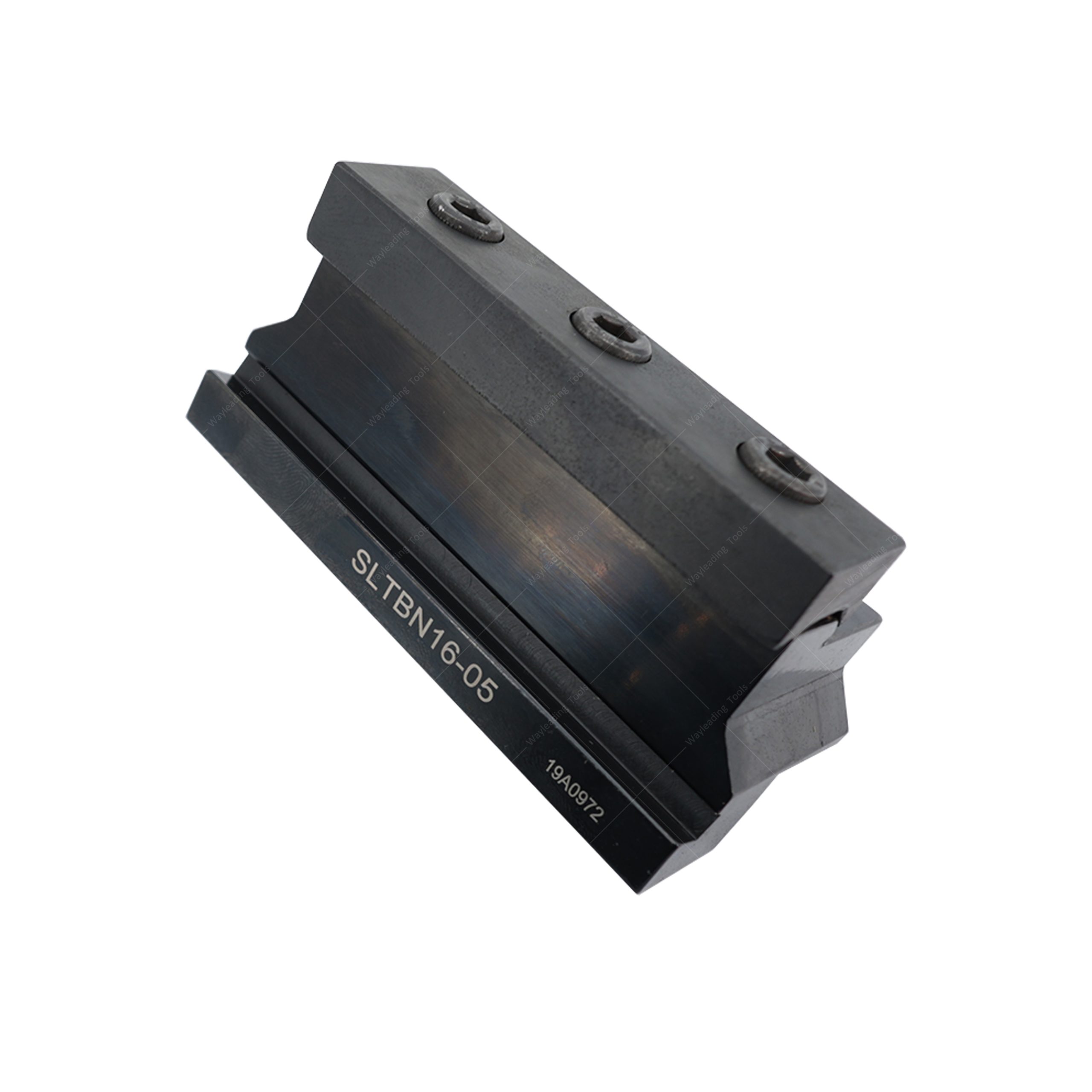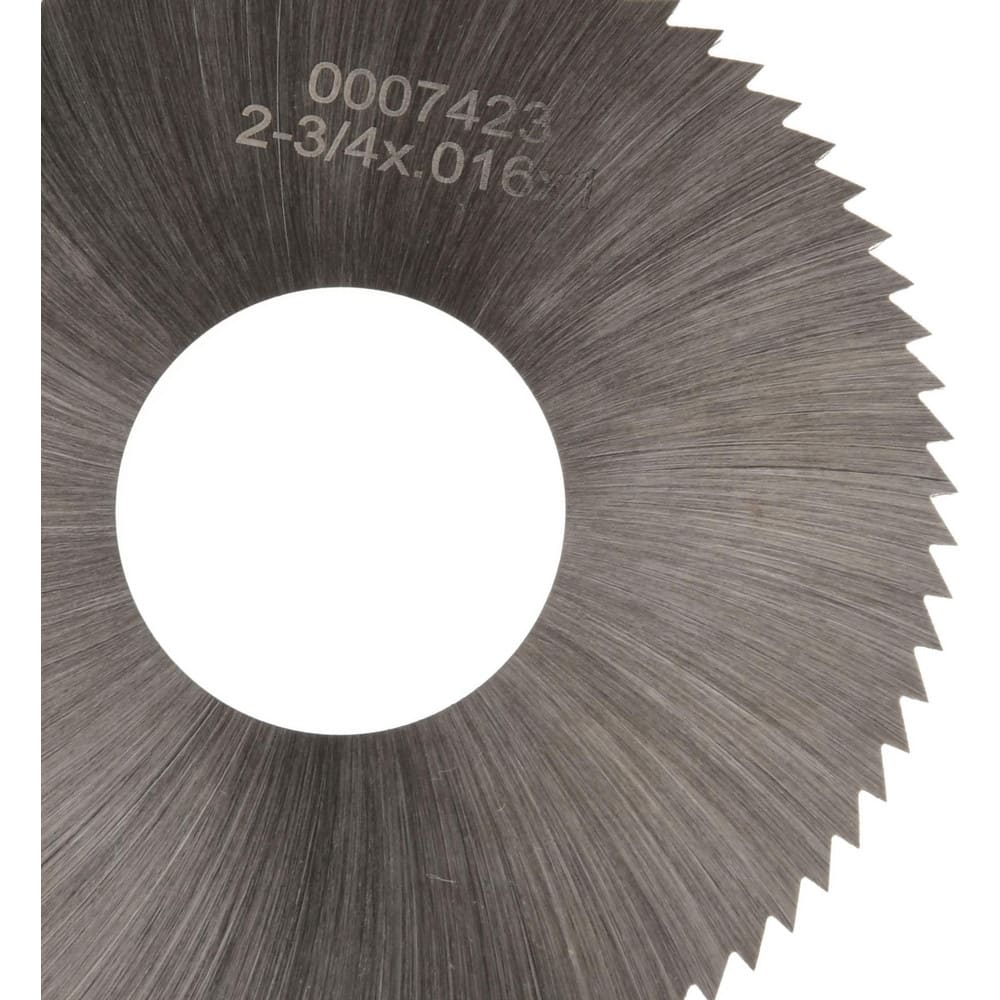T Slot End Mill Suppliers
Finding the right T slot end mill suppliers is crucial for precision machining and efficient production. This guide offers a detailed overview of what to look for when selecting a supplier, key features of quality T slot end mills, and considerations for choosing the right tool for your specific application.
Understanding T Slot End Mills
What are T Slot End Mills?
T slot end mills are specialized cutting tools designed to create T-shaped slots in metal and other materials. These slots are commonly used to secure workpieces on machine tables or to create mounting points for various components. Their unique geometry allows them to cut sideways, forming the undercut required for a T-slot.
Applications of T Slot End Mills
T slot end mills find application in a wide range of industries, including:
- Manufacturing: Creating T-slots for fixtures, jigs, and machine tables.
- Metalworking: Machining T-slots in aluminum, steel, and other metals.
- Woodworking: Routing T-slots for hardware and joinery.
- Prototyping: Fabricating custom parts with T-slot features.
Key Features to Look for in T Slot End Mills
Material Quality
The material of the T slot end mill directly impacts its performance and lifespan. Common materials include:
- High-Speed Steel (HSS): Suitable for general-purpose machining and softer materials.
- Cobalt HSS (HSS-Co): Offers improved heat resistance and hardness compared to HSS.
- Carbide: Provides superior wear resistance and cutting performance, especially for harder materials.
Wayleading Tools often recommends carbide end mills for demanding applications due to their extended tool life and ability to maintain sharpness at higher cutting speeds.
Coating
Coatings enhance the performance of T slot end mills by reducing friction, improving wear resistance, and preventing chip adhesion. Popular coatings include:
- Titanium Nitride (TiN): A general-purpose coating that increases hardness and wear resistance.
- Titanium Carbonitride (TiCN): Offers higher hardness and wear resistance than TiN.
- Aluminum Titanium Nitride (AlTiN): Provides excellent heat resistance and is ideal for high-speed machining.
Geometry
The geometry of the T slot end mill, including the number of flutes, helix angle, and cutting edge design, influences its cutting performance and chip evacuation. Factors to consider include:
- Flute Count: More flutes generally provide a smoother finish but can reduce chip clearance.
- Helix Angle: Higher helix angles are suitable for softer materials and improve chip evacuation.
- Cutting Edge Design: Sharp cutting edges are essential for clean cuts and reduced burr formation.
Selecting the Right T Slot End Mill Supplier
Reputation and Experience
Choose T slot end mill suppliers with a proven track record of providing high-quality tools and excellent customer service. Look for suppliers with years of experience in the industry and positive reviews from other customers. Suppliers like Wayleading Tools are known for their dedication to quality and customer satisfaction.
Product Range
A good supplier should offer a wide range of T slot end mills in different sizes, materials, and coatings to meet various application requirements. They should also be able to provide custom tools or modifications to existing tools upon request.
Technical Support
Technical support is crucial, especially when dealing with complex machining operations. Choose a supplier that offers expert advice and assistance in selecting the right T slot end mill for your specific needs. They should also be able to provide guidance on cutting parameters and troubleshooting issues.
Price and Availability
While price is an important consideration, it should not be the sole determining factor. Consider the overall value, including the quality of the tool, the supplier's reputation, and the level of technical support offered. Also, ensure that the supplier has adequate stock and can deliver the tools in a timely manner.
Top T Slot End Mill Suppliers
While the 'best' supplier depends on individual needs, some reputable T slot end mill suppliers include:
- Wayleading Tools: Offers a comprehensive range of high-quality T slot end mills and provides excellent technical support.
- [Other Supplier 1]: Known for their extensive product catalog and competitive pricing.
- [Other Supplier 2]: Specializes in custom-made T slot end mills for specific applications.
Remember to research and compare different suppliers before making a decision. Consider factors such as reputation, product range, technical support, price, and availability.
Choosing the Right T Slot End Mill for Your Application
Material to be Machined
The material you're machining significantly impacts the choice of T slot end mill. Softer materials like aluminum require different geometries and coatings than harder materials like steel.
Slot Dimensions
Select a T slot end mill with the appropriate cutting diameter and shank size for the desired slot dimensions. Ensure that the tool's cutting length is sufficient to reach the required depth.
Machine Type
The type of machine you're using (e.g., CNC mill, manual mill) will also influence the choice of T slot end mill. Some machines may require specific shank types or tool holders.
Cutting Parameters for T Slot End Mills
Spindle Speed
The spindle speed should be adjusted based on the material being machined, the tool's diameter, and the desired surface finish. Refer to the tool manufacturer's recommendations for optimal spindle speeds.
Feed Rate
The feed rate should also be adjusted based on the material being machined, the tool's diameter, and the desired surface finish. A slower feed rate generally results in a smoother finish but can increase machining time.
Depth of Cut
The depth of cut should be limited to prevent overloading the T slot end mill and causing premature wear or breakage. Multiple passes may be required to achieve the desired slot depth.
Troubleshooting Common Issues
Chipping
Chipping can occur if the T slot end mill is overloaded or if the cutting parameters are not properly adjusted. Reduce the depth of cut and feed rate, and ensure that the tool is sharp.
Vibration
Vibration can occur if the T slot end mill is not properly secured or if the machine is not rigid enough. Use a high-quality tool holder and ensure that the workpiece is securely clamped.
Poor Surface Finish
A poor surface finish can be caused by dull cutting edges, excessive vibration, or improper cutting parameters. Sharpen or replace the T slot end mill, reduce vibration, and adjust the cutting parameters.
Conclusion
Choosing the right T slot end mill suppliers is essential for achieving precise and efficient machining results. By considering the key features of T slot end mills, selecting a reputable supplier, and understanding the appropriate cutting parameters, you can ensure that you're using the right tool for the job and maximizing its performance. Contact Wayleading Tools today for assistance with your tooling needs.
| Material | Hardness (HRC) | Typical Applications | Pros | Cons |
|---|---|---|---|---|
| High-Speed Steel (HSS) | 62-65 | General-purpose machining, softer materials | Lower cost, good toughness | Lower heat resistance, faster wear |
| Cobalt HSS (HSS-Co) | 64-67 | Improved heat resistance, harder materials | Better heat resistance than HSS, improved hardness | More expensive than HSS, less tough than HSS |
| Carbide | 70-90 | High-speed machining, hard materials, abrasive materials | Excellent wear resistance, high cutting speeds | More expensive, brittle |
Disclaimer: Data parameters are based on general industry standards and may vary depending on the specific manufacturer and grade. Always consult the manufacturer's specifications for accurate data.
Related products
Related products
Best selling products
Best selling products-
 DIN6537L Metric Solid Carbide Twist Drill With Internal Coolant & External Coolant
DIN6537L Metric Solid Carbide Twist Drill With Internal Coolant & External Coolant -
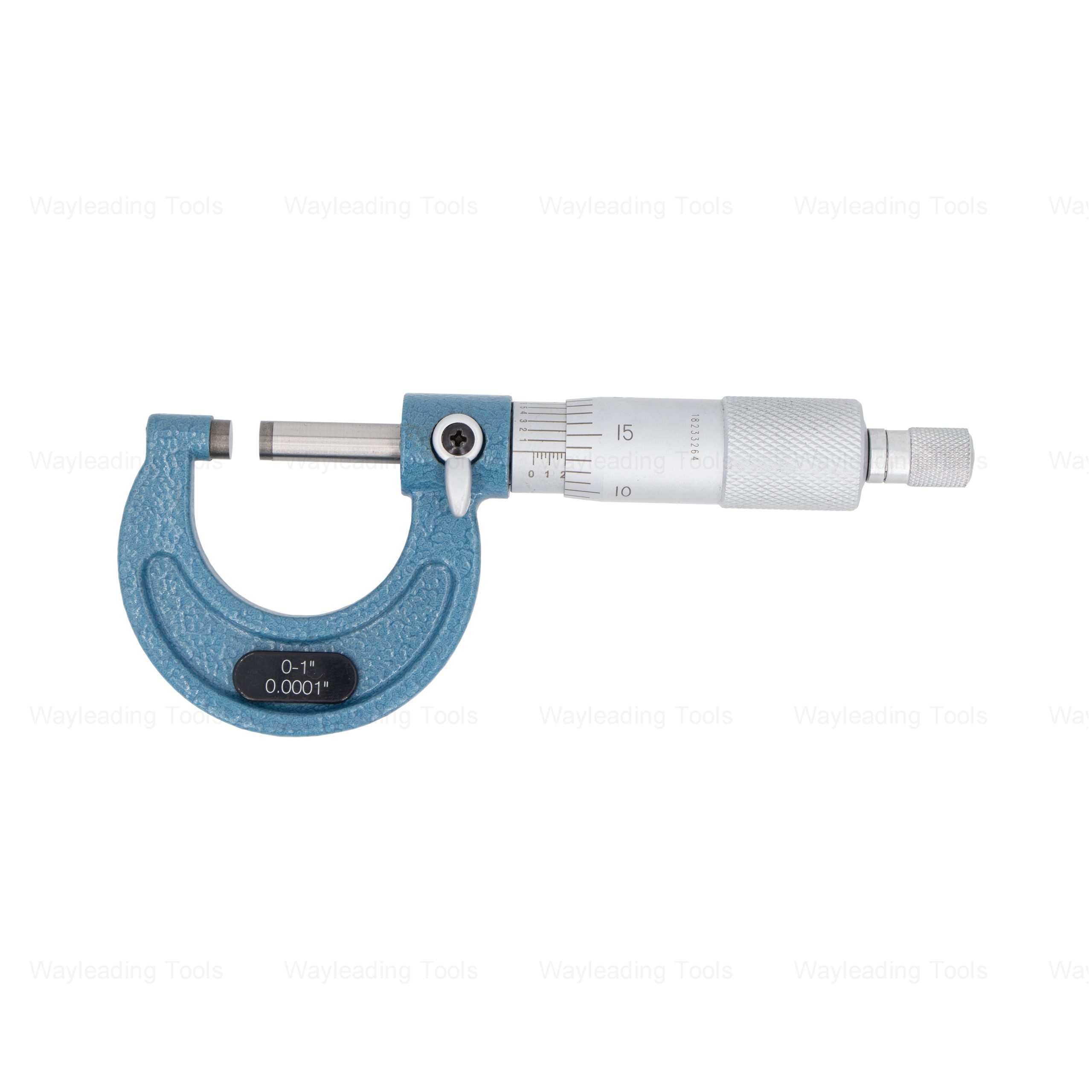 Premium Outside Micrometer – Metric & Inch, Ratchet Stop, Industrial Grade
Premium Outside Micrometer – Metric & Inch, Ratchet Stop, Industrial Grade -
 Type E Oval Tungsten Carbide Rotary Burr
Type E Oval Tungsten Carbide Rotary Burr -
 Precision Vernier Caliper Of Metric & Imperial For Industrial
Precision Vernier Caliper Of Metric & Imperial For Industrial -
 Precision 8pcs & 9pcs Angle Blocks Set With High Quality Type
Precision 8pcs & 9pcs Angle Blocks Set With High Quality Type -
 R8 Hex Collet With Inch and Metric Size
R8 Hex Collet With Inch and Metric Size -
 Type H Flame Tungsten Carbide Rotary Burr
Type H Flame Tungsten Carbide Rotary Burr -
 Electronic Digital Height Gauge From 300 to 2000mm
Electronic Digital Height Gauge From 300 to 2000mm -
 Type C Cylinder Ball Nose Tungsten Carbide Rotary Burr
Type C Cylinder Ball Nose Tungsten Carbide Rotary Burr -
 Inch HSS 1/2″ Reduce Shank Drill Bit For Metal Cutting Of High Precision
Inch HSS 1/2″ Reduce Shank Drill Bit For Metal Cutting Of High Precision -
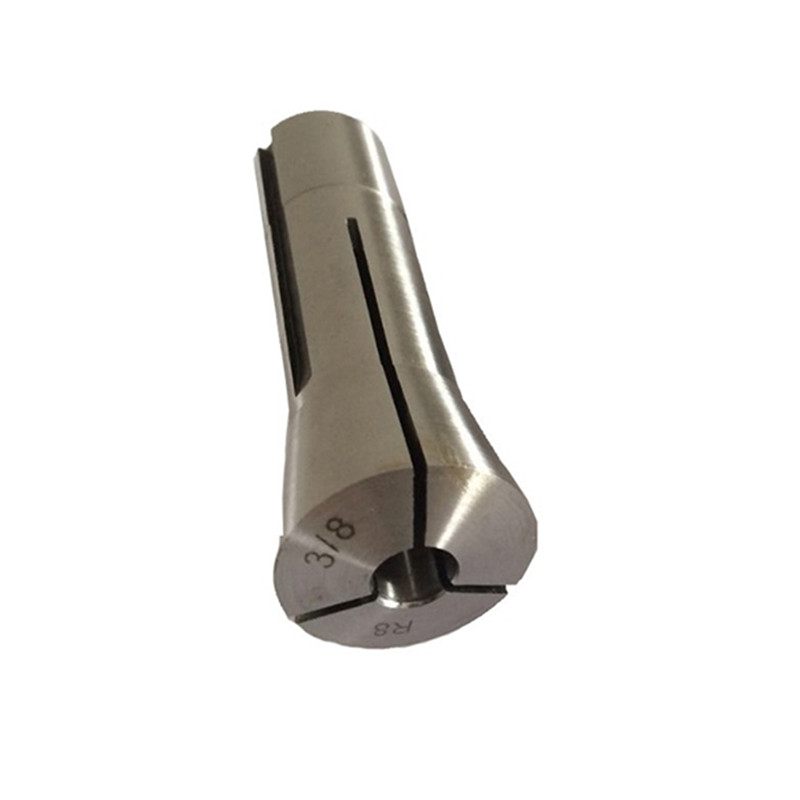 R8 Round Collet With Inch and Metric Size
R8 Round Collet With Inch and Metric Size -
 Precision Outside Micrometer Of Inch & Metric With Rachet Stop
Precision Outside Micrometer Of Inch & Metric With Rachet Stop

